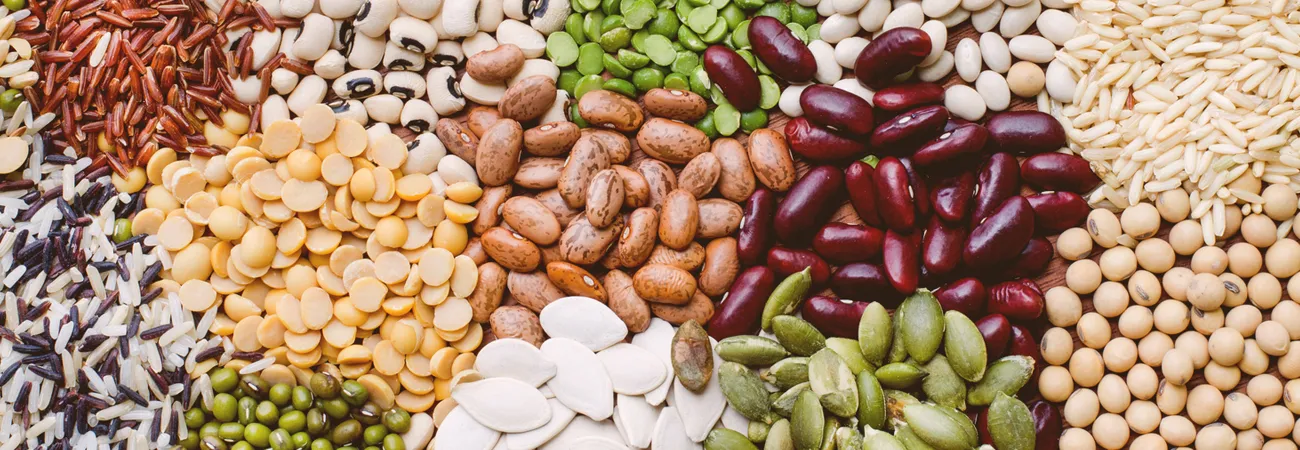i ECONOMY
Pakistan's agriculture sector faces a major challenge due to the overreliance on the informal seed sector, which provides low-quality and unregulated varieties of various crops to the majority of farmers. This affects the productivity, profitability and sustainability of farming in the country. "The glaring issue of poor seed quality is crippling Pakistani agriculture. Subpar seeds lead to subpar crops, which in turn lead to lower yields and incomes for farmers. In a country where a significant portion of the population depends on agriculture, this vicious cycle of low productivity is of grave concern," said Bilal Iqbal, a senior scientific officer at the National Agriculture Research Centre (NARC), Islamabad."The seed industry, a crucial component of modern agriculture, has witnessed remarkable advancements on the global stage. New and high-yielding crop varieties have proliferated in many countries, improving agricultural productivity and ensuring food security. However, Pakistan has not kept pace with these global developments due to many issues," he told WealthPK.
According to a report by the Pakistan Institute of Development Economics, 62% of farmers' seed requirement in Pakistan is met by the informal sector. The informal sector comprises seed companies, public and private breeders, seed dealers and large farmers. They not only develop their own varieties of various crops but also produce seeds of approved varieties. Often, they have a breeding infrastructure ranging from basic to advanced and have a significant market presence. "Pakistan's seed industry has not kept pace with the development of the global seed industry due to supply as well as demand side issues. Without sufficient investment in research and development, the country struggles to develop seeds that can withstand local challenges such as changing climatic conditions, pests and diseases. As a result, Pakistani farmers face diminished crop yields and economic hardship," explained Iqbal."The most important constraining factor is the dearth of human and financial resources to conduct R&D for the development of new and high-yielding varieties," he added.
"Furthermore, the slow and inadequate evolution of the legal framework governing the seed industry has discouraged multinational corporations from entering Pakistan's market. This has hindered the infusion of much-needed capital, expertise, and innovation that global seed giants could bring. In contrast, countries with robust legal frameworks in place have benefited from the expertise and resources of these corporations to develop and distribute quality seeds to their farmers." The NARC scientist said that the consequence of these challenges was that many Pakistani farmers, due to an informal seed sector, often depended on dealers with limited expertise and resources, resulting in the purchase of unreliable, substandard seeds. "This leads to consistently low yields, financial losses, and, in some cases, food insecurity."
To address these pressing issues and reverse the trend of consistent yield losses, he said Pakistan must consider multiple strategies. "First and foremost, there is an urgent need for increased investment in R&D to develop crop varieties tailored to Pakistan's unique agro-climatic conditions. Additionally, the country must expedite the development of its legal framework to encourage multinational seed companies to invest in Pakistan's market." By taking these crucial steps, he underscored Pakistan could empower its farmers with high-quality seeds, enhance agricultural productivity, and secure its food supply for a growing population.
Credit: Independent News Pakistan (INP)









